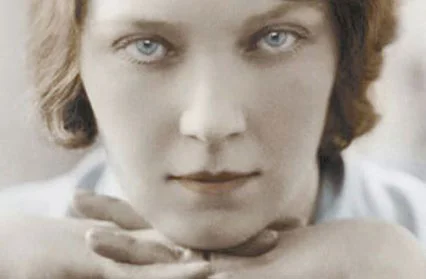Judith Kinghorn
Born in Northumberland, Judith studied English and History of Art in London where she lived for twenty years before moving to rural Hampshire with her family. She is a former CEO, Woman of the Year and Fellow of the RSA. Judith’s internationally best-selling début novel, The Last Summer, was first published in the UK, Canada and British Commonwealth countries in 2012, and in the USA in 2013. Foreign language editions include French, German, Spanish and Italian. Her subsequent novels include The Memory of Lost Senses (2013), The Snow Globe (2015) and The Echo of Twilight (2017).
Frequently asked questions
My mother taught me to read and write before I started school, so I think the impetus to put words down on paper, to record events and write stories probably began then, or shortly after. Throughout my teens, twenties and into my thirties I kept a journal and filled notebooks. Then, finally, in my forties, I stopped the journals and notebooks and decided to try and write a novel.
I grew up in Warkworth, a village on the coast of north Northumberland with a ruined castle, a wide looping river and a vast empty beach. For a few years I attended a local convent school where teaching was low on the agenda and so allowed for endless hours of doodling and daydreaming. I then went to a boarding school in the Lake District. The Brontë sisters had once been pupils and, according to rumour, it had been Charlotte’s inspiration for the school in Jane Eyre. It was miles from anywhere, surrounded by hills and nearly always shrouded in mist. After that, I headed straight for the bright lights of London.
JMW Turner
Warkworth Castle, Northumberland - Thunder Storm Approaching at Sunset
Art has been a lifelong passion, so, in terms of inspiration, I probably owe an enormous amount to various artists. I'm also inspired by women in history, and by those forgotten by history: women whose lives went largely unrecorded but were nonetheless epic. And I'm inspired by old houses and the stories they hold. But on a day to day basis, nature and the landscape can be powerfully evocative, too.
I'm pretty reclusive when I'm writing, so when I'm not writing I like to catch up with friends and spend time with my children, who are grown up now and live in London. I live in a house full of books, many yet to be read and quite a few to be reread, and there's never enough time so I worry about that: *will there ever be enough time to read all these books?* And sometimes I like to get busy with oils and a palette knife and pretend I'm a painter.
Before I began writing my first novel I'd spent years immersed in the late nineteenth and early twentieth centuries. The immersion started when I decided to research the history of my house and its former inhabitants. It grew from there. At that time there were very few archives available online, so I'd regularly drive from my home in Hampshire to London or another county to spend a day at a record office, museum or library. I also joined a local history group and met some marvellous old people who provided me with invaulable first hand accounts and entrusted me with family journals and diaries. I read countless memoirs, biographies, collections of letters, and fiction written during that time. The research on my house took me to France and Italy, and resulted in *The Memory of Lost Senses*. In fact it was whilst taking a break from writing *The Memory of Lost Senses* that I wrote *The Last Summer*, which was published as my début.
I also spend time researching the locations for my novels. Although these might be places familiar to me, I need to know them as they were one hundred or more years ago, and because there's usually an important house or two in my novels, I spend time planning the layout and style. I have to be able to see these places for my characters to inhabit them ...And then, once I'm writing, I have to try and make all that research invisible!
I’m a devoted and lifelong fan of a number of twentieth century women writers. Many of them were forgotten for years and went largely unrecognised, deemed 'too domestic', but they were in fact our early feminist writers. They include Jean Rhys, Elizabeth Taylor, Rosamund Lehmann, Anita Brookner, Barbara Comyns and Barbara Pym. I'm also a fan of Virginia Woolf, Edith Wharton, Daphne du Maurier, Muriel Spark, Beryl Bainbridge, Elizabeth Jane Howard, Edna O’Brien and Molly Keane.
Jean Rhys
Author, 1890 – 1979
Firstly, read as much as you can by writers you admire. Sometimes they’ll make you feel wretched, because they’re better than you and I will ever be. But there’ll be an unconscious filtering that will help you find your own style and voice. My second bit of advice is to be patient: hold off from writing for as long as possible, and until you know who the story belongs to. I think Virginia Woolf expressed this perfectly when she said, “As for my next book, I won’t write it till it has grown heavy in my mind like a ripe pear.”




